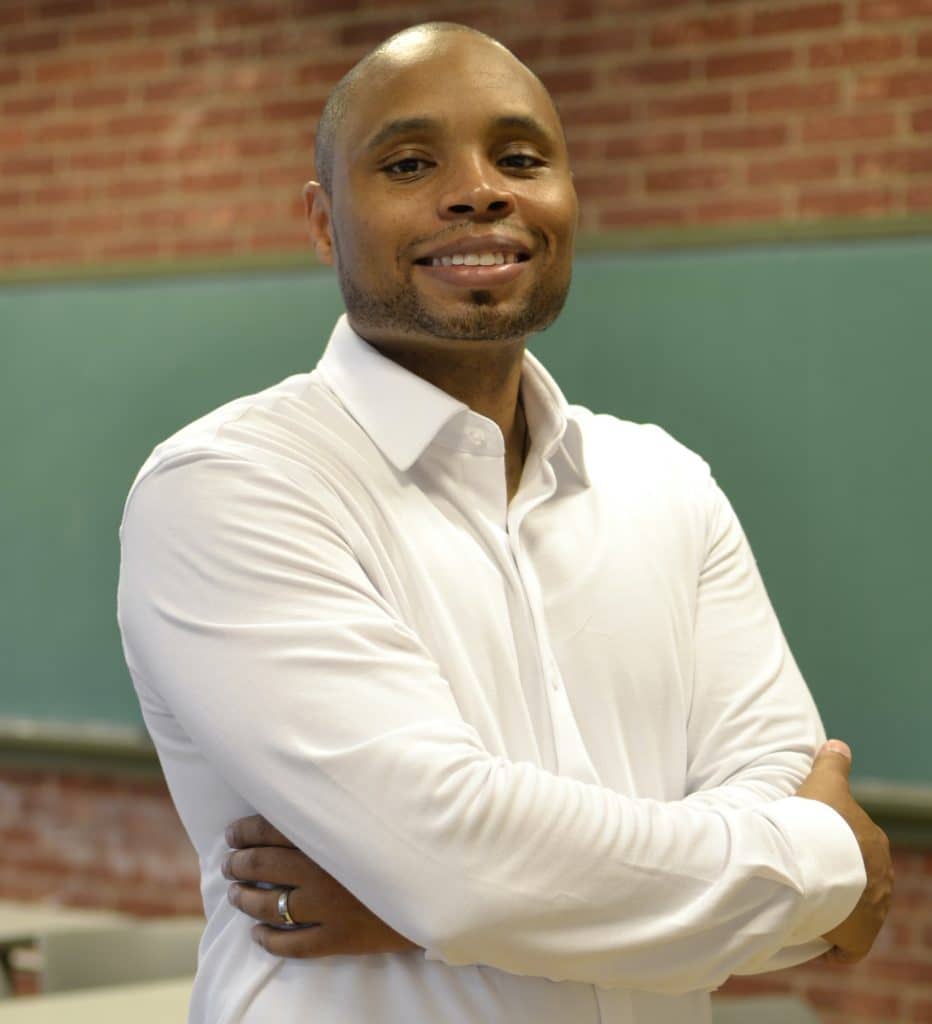What De La Soul can teach Black students (and teachers) about breaking the status quo
Have you signed up for The Educator’s Room Daily Newsletter? Click here and support independent journalism!
I grew up listening to De La Soul. They are part of the landscape of my adolescence and young adult development. The trio from Long Island, New York took the hip-hop world by storm in 1989 with the release of “3 Feet High and Rising.” The esoteric, eclectic, sonically divertive album was hard to understand for me and many others. It took me two years to figure out “Potholes in my Lawn” was a song about emcees that don’t write their own rhymes and steal from other artists.
But one thing was certain; they were fresh! They were free-flowing and disconnected from other rap acts artistically and stylistically. The rhyme patterns were all over. Their sound shied away from overused James Brown loops and settled on samples from War, The Commodores, Steely Dan, Hall & Oates, and Prince. Their visual appearance was equally as disconnected as their sonic stance: peace signs, daisies, pink and yellow color schemes complementing baggy clothes, with big, asymmetric hairstyles. They were different.
What does this have to do with the education of Black children? Everything. Part of school should be to help children shape and build their identity. As we celebrate the legacy of hip-hop at 50 years, it’s also an opportunity to celebrate De La Soul as member Dave J Jolicoeur aka the Dove, died tragically on Super Bowl Sunday.
De La is a great conversation starter for how Black children can show up as their authentic selves in a world that rewards mediocrity and conformity. There is no reward for being different unless it provides shock value or social media likes. De La Soul was above that. The music, their carefully crafted image, soundscape, and, most importantly, the message created an enduring brand that celebrated individuality, uniqueness, and being true to oneself. De La Soul’s trueness to self was unwavering regardless of who loved them or who shunned them.
Our children need such messaging and images, as identity building is stilted if not stolen by schools’ relentless indoctrination. Free thought is attacked. Individual or divergence is snuffed out in classrooms, sometimes at the behest of rigid teachers and pedagogy, but always as a requirement of a system that fosters sameness while individuals relinquish their capacity to think for themselves. Creativity dies when entrenched in such dogma. This is the opposite of democracy.
De La Soul asserted on “I Can Do Anything” that they were de-la-cratic. “I can say anything I want. I can wave my hand in my air!” The naivete of their socio-political views matured, as did their zest for free thought. They challenged societal views on female beauty with hits like “Baby Phat.” De La dove into uncharted waters discussing child molestation on the carefully narrated “Millie Pulled a Pistol on Santa.” They spoke against the immensely popular Notorious B.I.G.’s “Ready to Die,” with Jolicoeur asserting, “I got questions about your life if you’re so ready to die.”
Starting with their fourth album, “Stakes is High,” in 1996, the group disavowed bohemian clothes and daisies. But the message continued on brand; be yourself and stand for what you believe in. On the title track, Jolicoeur gobsmacks us with his manifesto on the state of hip-hop and society:
“I’m sick of bitches shakin’ asses
I’m sick of talkin’ about blunts,
Sick of Versace glasses.
Sick of slang,
Sick of half-ass awards shows,
Sick of name-brand clothes,
Sick of R&B bitches over bullshit tracks,
Cocaine and crack,
Which brings sickness to blacks.
Sick of swole head rappers with their sickening raps.”
In a world riddled with complacency, protracted problems, and political isolation, nurturing students to imagine the world in new ways is imperative. Creativity, fresh perspectives, and artistic and intellectual curiosity are profoundly needed in our schools so they will live in our companies, homes, and even the political theater. How do we get there if schools purposefully breed compliance and undermine imagination? Once we have taught the facts and figures, how do we breed imagination and resistance against oppression? One way is by connecting students to art like De La Soul’s, which fosters imagination, self-expression, and self-exploration. Now more than ever, we teachers have to be on the right side of history in breaking up the status quo. As De La Soul once asserted on the Bizness, “You tried keeping it real, but you should try keeping it right.”

Desmond Williams is a career teacher, principal, author and thought leader. He is driven to help all children live their dreams. Desmond has spoken at multiple conferences across the country offering his expertise and insight in engaging inner-city students. His focus is on educating boys of color. Desmond is the founder of Nylinka School Solutions. Nylinka School Solutions does a variety of work assisting schools in equity-based issues including bias reduction training, breaking instructional inequity, reading practices for Black males, restorative practices, confronting whiteness in schools etc. In 2022, Williams published The Burning House: Educating Black Boys in Modern America; it debuted as a #1 New Release on Amazon!

Editor’s Note: If you enjoyed this article, please become a Patreon supporter by clicking here.






